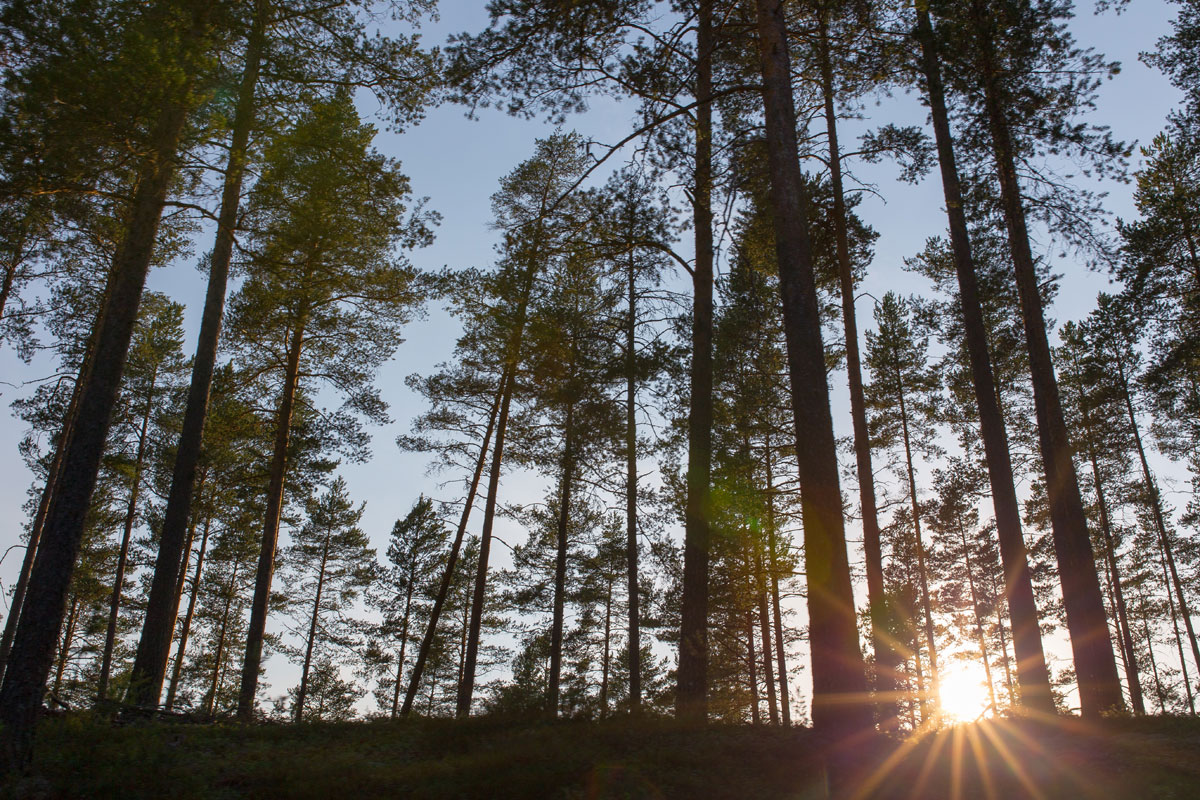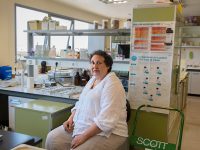
The fifth of June is the World Environment Day, created in order to encourage the general public to interact with the environment by preventing pressure on Earth’s natural systems from increasing.
This year, the World Environment Day has Angola as the host country. That is precisely why the 2016 theme is the fight against the illegal trade of wildlife, its devaluation and the survival of certain emblematic species: elephants, rhinoceros and tigers, among others. The slogan for this campaign, «Go wild for Life», encourages people to disseminate information about wildlife abuse and to challenge everything that might harm it.
In Mètode Science Studies Journal, we wanted to ask a group of experts in different environmental fields in order to cover different views of what this day represents: Carmen Rojo, tenured professor of the Integrative Ecology group of the University of Valencia; José Moya, expert of the Department of Monumental Trees of IMELSA, government of the province of Valencia; Albert Palanques, director of the Institute of Marine Sciences of Barcelona; Eva Tudela, president of the association Acció Ecologista-Agró, and Montserrat Vilà, researcher of CSIC at the Doñana Biological Station.
What does the celebration of the World Environment Day involve?
Carmen Rojo: The trivialisation of a serious problem. We have world days for so many different things that these events have lost their effectiveness and potential. That said, any educational and awareness activity to face any of the problems threatening the environment is always welcome.
José Moya: It is a necessary celebration in order to raise awareness of the importance of protection and preservation of the environment in general and, in my field of work, of monumental trees.
Albert Palanques: It is an important celebration that helps us to inform and raise awareness among the population, administrations and social agents.
Eva Tudela: This date is set mainly by political and governmental institutions. For us, because we work on this every day, it is not especially significant. Anyway, as we work with environmental education and civic awareness, we also have activities during this day.
Montserrat Vilà: It is a day to raise awareness of the importance of the environment – air, sun, flora, wildlife… – in every aspect of our lives.
Is society committed to fighting for the environment?
C. Rojo: I see it is far from a natural behaviour, where environmental expenditure would be accepted and defended, like healthcare or public education. But if those managed to become established, we might see the day when citizens are involved with taxes, attitudes and demands over the environment.
J. Moya: The involvement of society has increased significantly in recent times, largely because of an increased communication effort by the administration. In our field, communication has increased mainly since the Law 4/2006 on Monumental Tree Heritage of the Valencia Region was passed ten years ago.
A. Palanques: I think it is very good in individual cases and too poor in general term. We need more support from the administration so the public can adopt environmentally clean behaviours. In the case of the sea, plastic bags and bottles and non-reusable cans are still used, and they end up polluting it.
E. Tudela: AE-Agró works in defence of the territory, promoting greener ways. For this reason, we consider ourselves part of a society that is active and concerned about the environment. But there is still a large part of Valencian society that does not care about these topics.
M. Vilà: Very low. We still see the environment as something we have to preserve only when money depends on it, as a luxury, when the environment actually determines life in our planet. Besides, there is a close relationship between our health and well-being and the quality of the environment.
What sort of measures would improve the environment?
C. Rojo: Education and advertising –pedagogy– about the environmental cost of our habits, as a measure to slow down deterioration. Efficient economic funding, rather than merely aesthetic, to help recovery. We have to try to interest «the money» in the environment.
J. Moya: Quoting Law 4/2006 on Monumental Tree Heritage of the Valencia Region again, it is satisfying to see how a population can decide which are their monumental trees, what is their historical and cultural value… Therefore, we have to pass clear protection laws and communicate them to achieve more extensive social involvement.
A. Palanques: True political will to carry out efficient environmental measures, to assume costs and raise awareness among the public to counteract the unpopularity spread by economic agents who spread certain environmental aspects to further their own interests.
E. Tudela: The measures that can improve our environment go from small individual actions – the way we buy, the way we consume – to new laws passed by the government. If we want to go one step further, we can collaborate with an association and use the tools offered by the regional government.
M. Vilà: More awareness about what the environment gives us and more responsibility towards the intangible goods of the Erth. Ultimately, it is just a matter of acquiring environmental values.





